Recently I was on Zazie Todd’s brilliant Bark! Fest podcast series, talking about The Education of Will, and trauma in people and dogs. A participant asked an important question, based on having been seriously traumatized herself after her dog was attacked by another: How do you recover from that kind of trauma?
It can be terrifying when your dog is attacked, and you are trying to save them. Of course, sometimes you too are injured physically, but often those injuries are easier to heal than the neurobiological and psychological damage done. Understandably so–we humans have so few weapons. No teeth, no claws, no hyper-strong jaws. We can feel so helpless when a predatory species goes after a member of our family, and the after effects can be long lasting.
Surely it is not uncommon for people in this situation to develop PTSD, a condition far beyond “gosh that was scary,” and that involves serious symptoms months or years later, that include flashbacks, nightmares, anxiety, “distressing thoughts,” (years ago, one of mine was imagining a man behind me with a baseball bat, about to be smashed into my head), outbursts of anger, depression, etc. NIH has a good article about what PTSD is and isn’t. (May I add a request from those of us with PTSD: Please don’t use the word “trauma” and PTSD casually. “Martha,” as I heard her say lately, was not traumatized by the coffee shop running out of her favorite latte. I’m sorry if this sounds snappy, but it can be hurtful to many of us when someone throws the terms around like confetti.)
After the podcast was over, I began fussing about my answer, feeling strongly that it wasn’t close to adequate. I don’t think anyone knows how common these kind of serious attacks are, but I do know how much suffering they have caused to many of my clients and my friends, including exceptionally knowledgeable and skilled trainers and behaviorists. (For example, Laura Monaco Torelli experienced a horrific attack on her dog, and worked hard for both to recover. You can read about the Laura’s journey on her Facebook page.)
Of course, I can’t begin to answer “how to recover from trauma” comprehensibly, and we all know I’m just a girl who loves dogs, not a psychologist or psychiatrist. But I do have a bit of experience with this issue, so here is a summary of some of the things that might be helpful.
Acknowledgement: First and foremost, if you find yourself struggling with any of the symptoms described above after your dog is attacked, don’t brush them off. Take them seriously and do what you can to recover. As I made clear in The Education of Will (the title refers to my dog Willie and to the realization that will power is not enough to recover from trauma), just being a “warrior” isn’t enough to heal you.
Therapy: Of course, if you can manage it. The challenge here is to find someone who is skilled is helping people recover from trauma and accepts your health insurance. See if you can get a referral from your primary doctor, ask friends for referrals, and don’t hesitate to work with someone who you trust but isn’t necessarily a psychologist or psychiatrist. For example, besides talk therapy with two fabulous counselors, I did EMDR with someone with a Masters in Social Work, but who has specialized in working with trauma survivors for years.
Music as Medicine: I am currently reading I Heard There Was a Secret Chord, Music as Medicine by Daniel J. Levitin. The research on the healing effects of music is amazing, from helping to heal from trauma, dealing with pain or cognitive challenges like dementia, etc. Honestly, this is the simplest, cheapest, and most accessible way to help your brain recover from trauma. The (brilliant) title of Levitin’s book got me listening to Hallelujah, by Lucy Thomas. (No, I have no idea what the words mean.) Finish up with I Feel Good by James Brown. And, hey, even if you’re not dealing with any kind of trauma, music is good for you! Given the state of the world right now, who doesn’t need music?
Journaling: I do it every day, after it was suggested by my first therapist. It’s another easy exercise–you can write as much or as little as you feel like–that has been shown to have therapeutic value. I love beautiful things, and find joy even just picking out beautiful new journals to write in.
Movement! There’s not the same level of research that dancing (to music, ah, see above!) or any kind of movement, like hiking and long walks, has therapeutic value, but there are some important suggestions that it can be helpful to many. Besides, it’s good for you anyway, right?
Meditation, Mindfulness: There’s lots of research showing that meditation, and it’s cousin, mindfulness, can alleviate some of the effects of PTSD or generalized anxiety. There’s great benefit, in my experience, in joining a class to get started–clearing your mind from thoughts and just “being” is not the normal human condition. However, there is a lot of help online. One of my favorites are the short guided meditations that are free from Tara Brach.
Medical Treatments: This is far, far beyond my skill set and experience. I know that MDMA has been used in some cases to “target memory reconsolidaton and fear extinction” (by activating serotonin systems), and I just had lunch with a friend who is getting ketamine treatments, prescribed by her doctor. there are a number of more traditional medicines used in some cases. But know that there might be medicinal help out there; talk to your primary if you think it might help. I will add that acupuncture, which I started for my current medical adventures, can have a profound effect on your psychological state of being. So check that out too if you are interested.
Know Your Triggers, Know Your Safe Space: Jim and I heard that the show Slow Horses was great, so we cozied on the couch and clicked on play. Yup, great script, characters, acting. And soon enough, I could feel my body tensing, some suite of internal feelings I don’t have the words to describe. But I’ve learned that they are like a dropping barometer, and it’s time to batten the hatches. We switched to Big Bang Theory. I always have comedies handy at all times, because that’s one of my safe spaces. Pay attention to your body, pay attention to what feeds you; it can make a big difference.
This is so little on such a big topic, but it’s a start, and a more complete answer than I gave on Zazie’s great podcast series. Please add in your own experiences and knowledge. I guarantee you it will help someone.
And, the question asks itself: What about the dog? Ah, if only we could talk to them! But, although there’s not room here to talk about trauma recovery in dogs, here’s a post I wrote about it that is a good start.
MEANWHILE, back on the farm: It turns out that black mold beats jumping worms. Jim and I are back at the black mold battle and garage re-do this weekend, and the jumping worms are free to wreak their havoc for a bit longer. The good news is that the moles have found the worms under the bird feeders, and have been causing their own kind of chaos in our grass. I just say “thank you!” and squish down their tunnels with gratitude.
This is a lousy photo of the wall we just finished yesterday, but look how perfect the photo of Willie and the sheep looks (covering up an ugly hole) with the blue and grey background! Makes me so happy.
Far away from mold, dirty garages, and worms, we just had a week-long vacation in Michigan, and had a wonderful time with beautiful views and good, good friends.
Move over George Clooney:
And once home, I got out of the garage a few hours on Saturday and made pesto with my abundance of basil.
Maggie would like you to know that she is sick and tired of my making clacking noises at the table. Time to pay attention to my dogs!
Please, please join in if this week’s topic is something you can relate to. I’ve learned that people find these posts years later, and send me notes thanking me for what they learned, often from our conversations in the Comments Section.
And, for those of you struggling with the after effects of another trauma–hurricane Helene, please know we are thinking of you, and many of us donating all we can to help. Perhaps something in this post might, in a tiny way, help too.









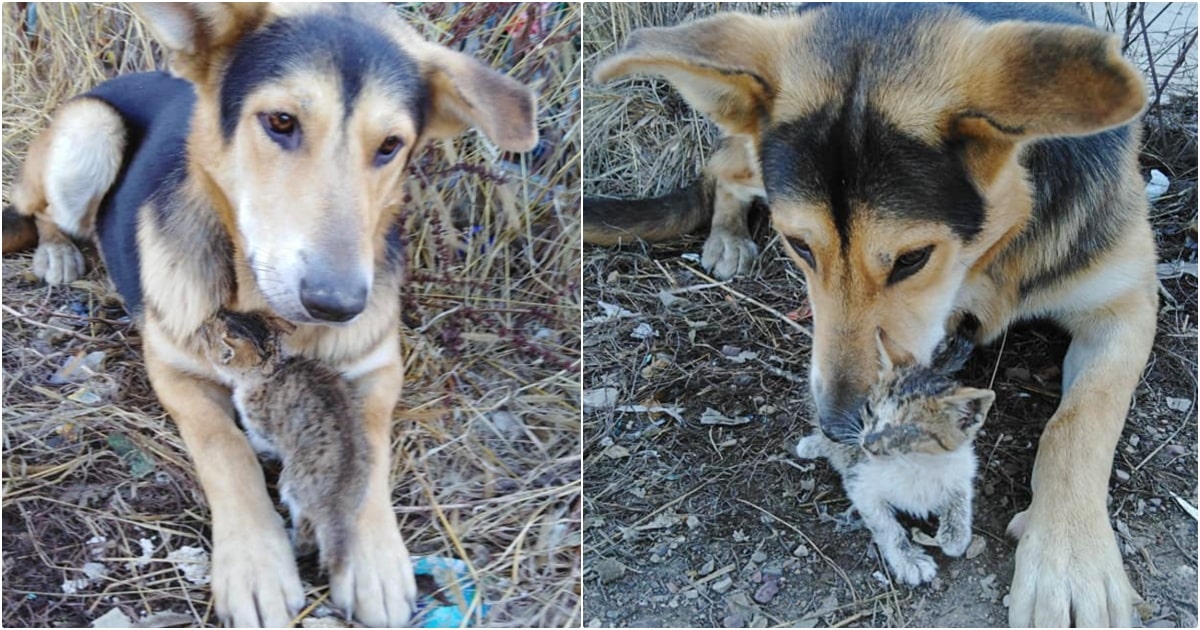
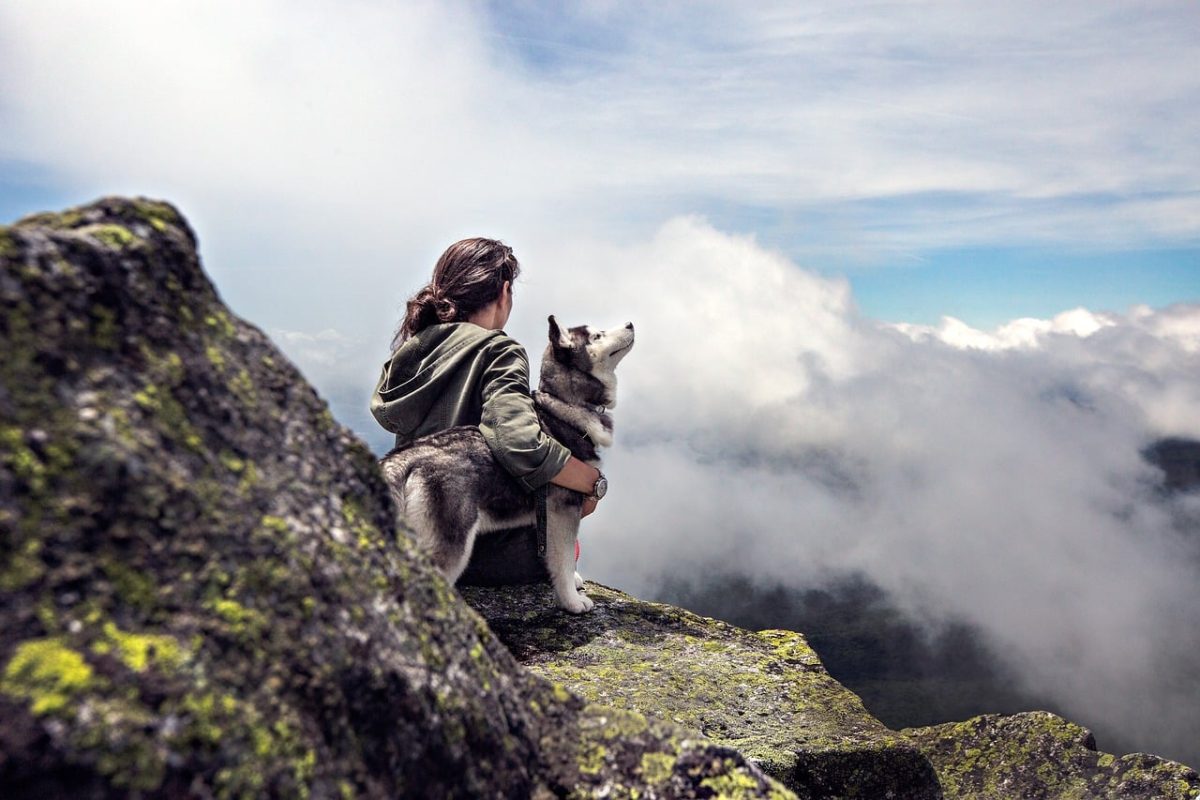
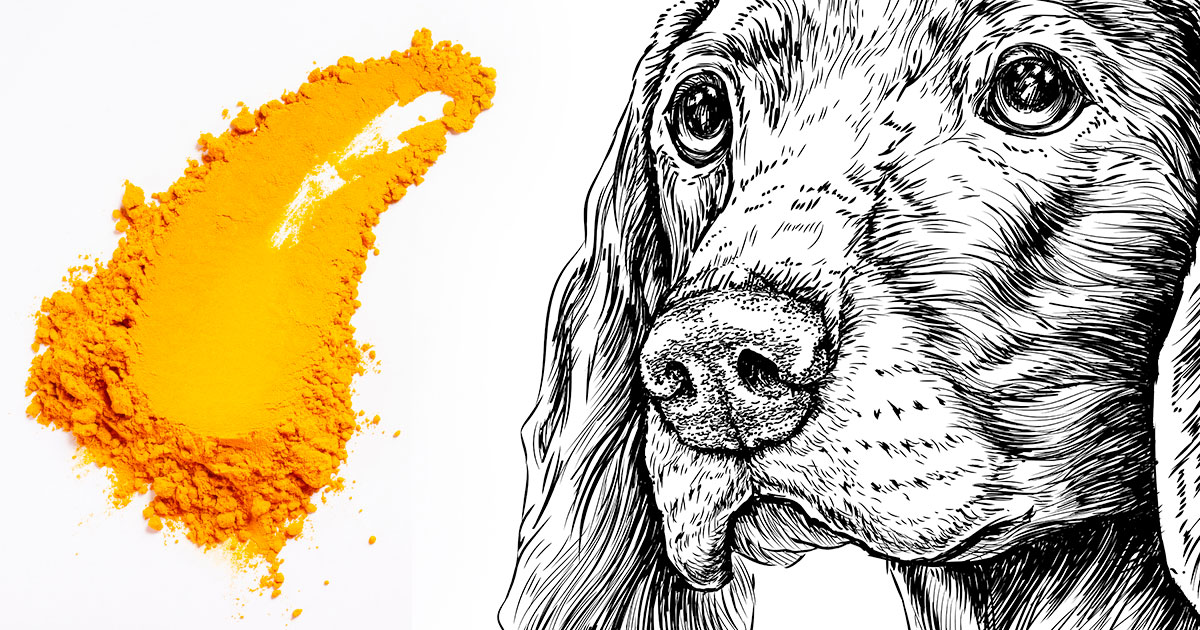



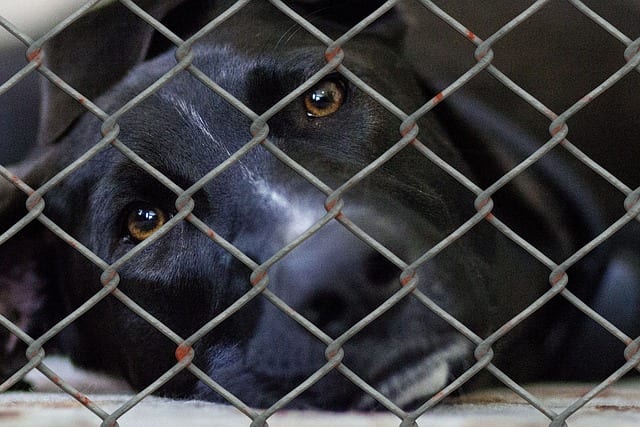
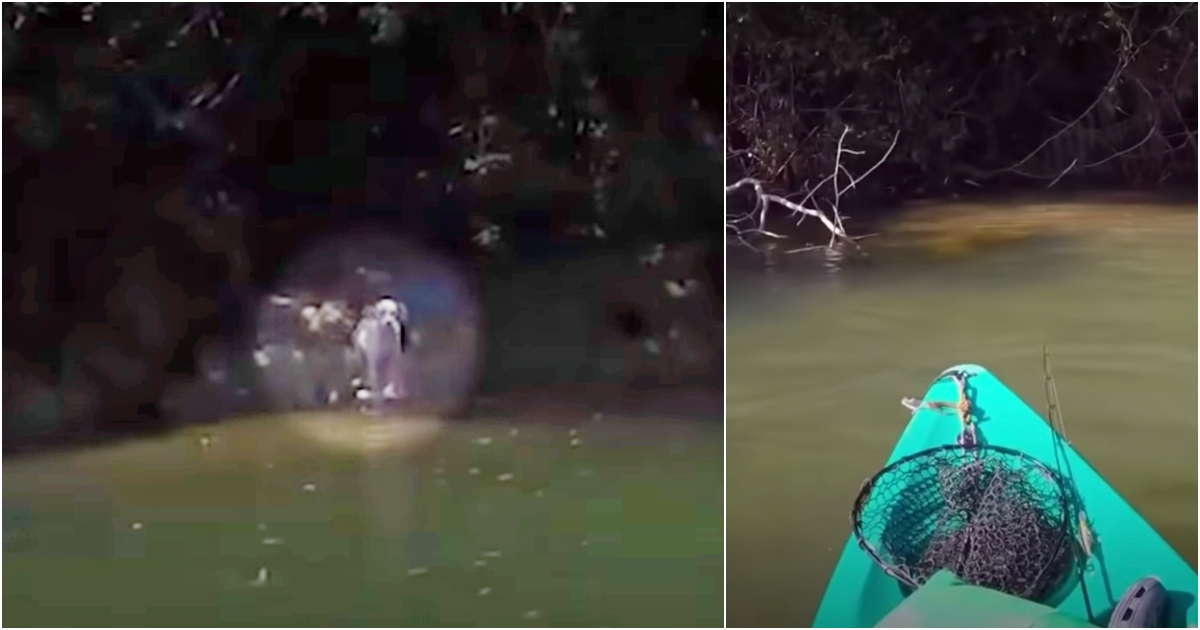

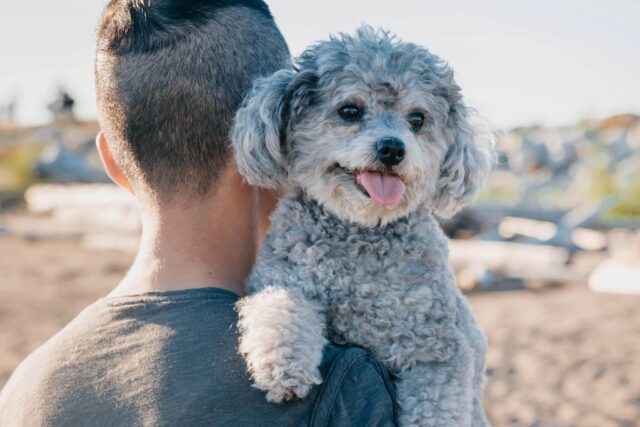
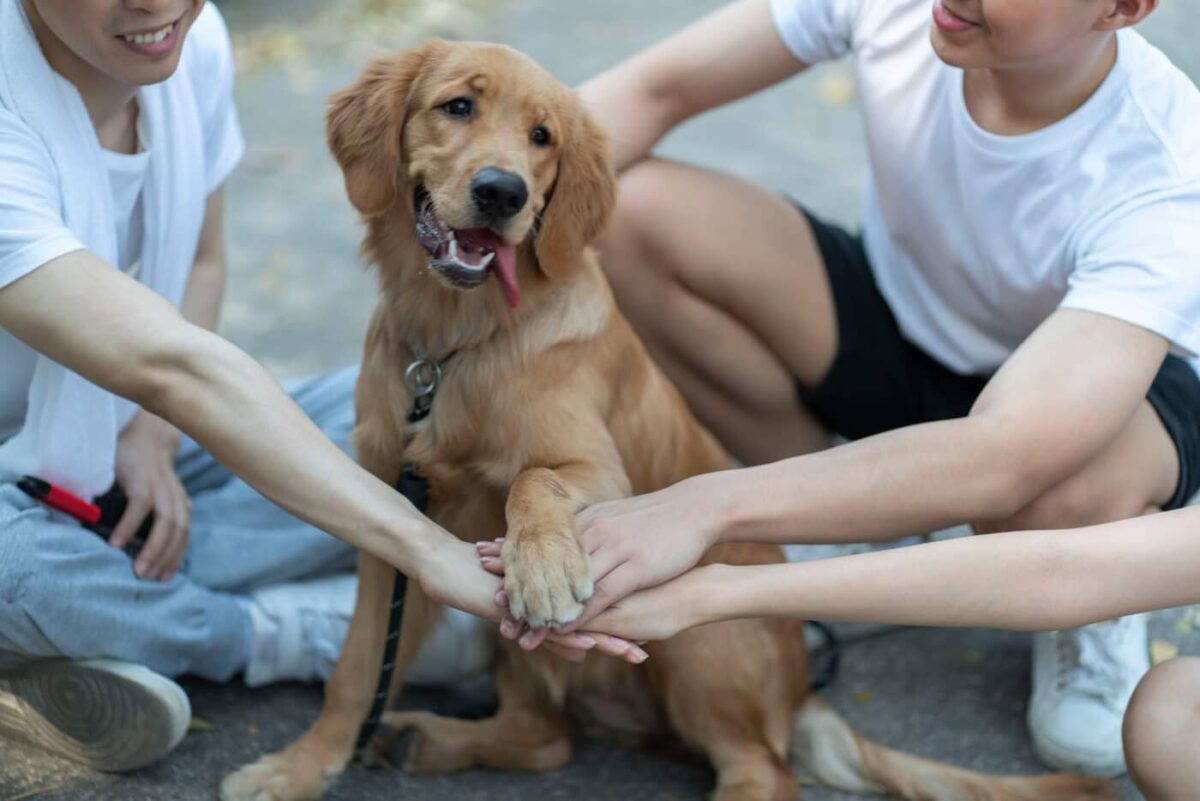

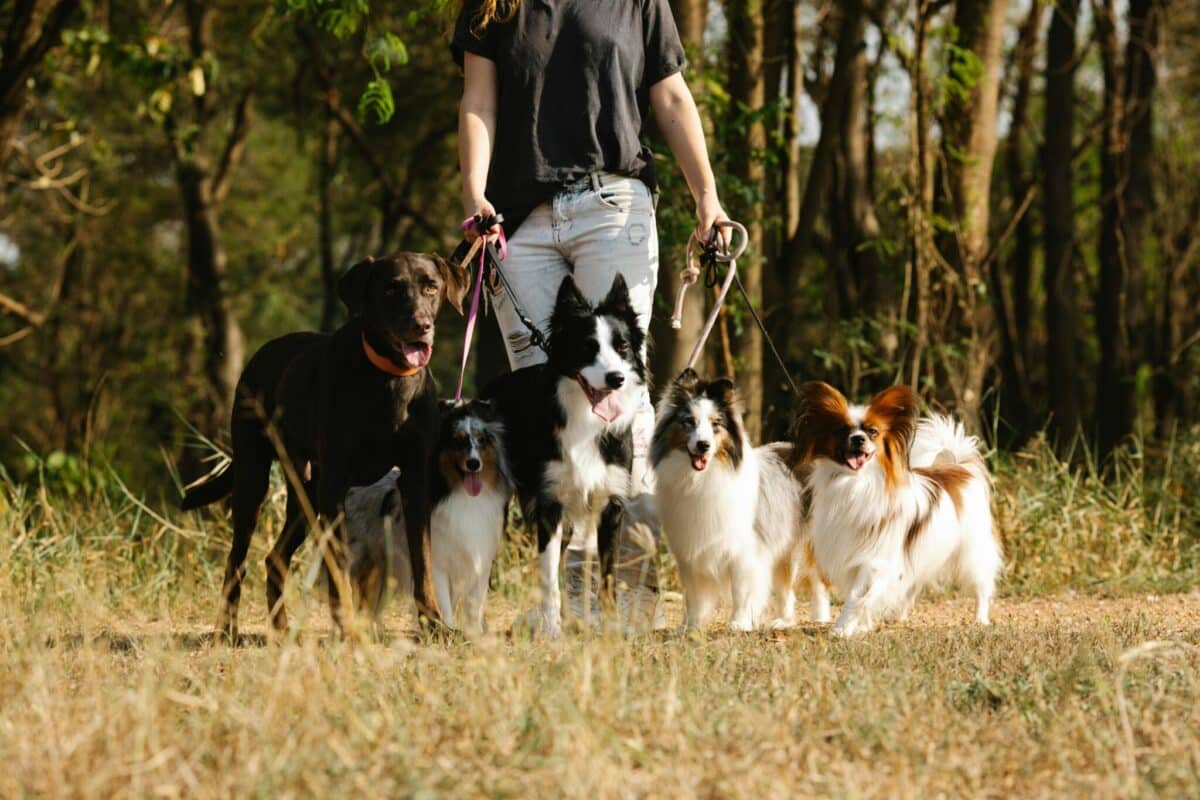



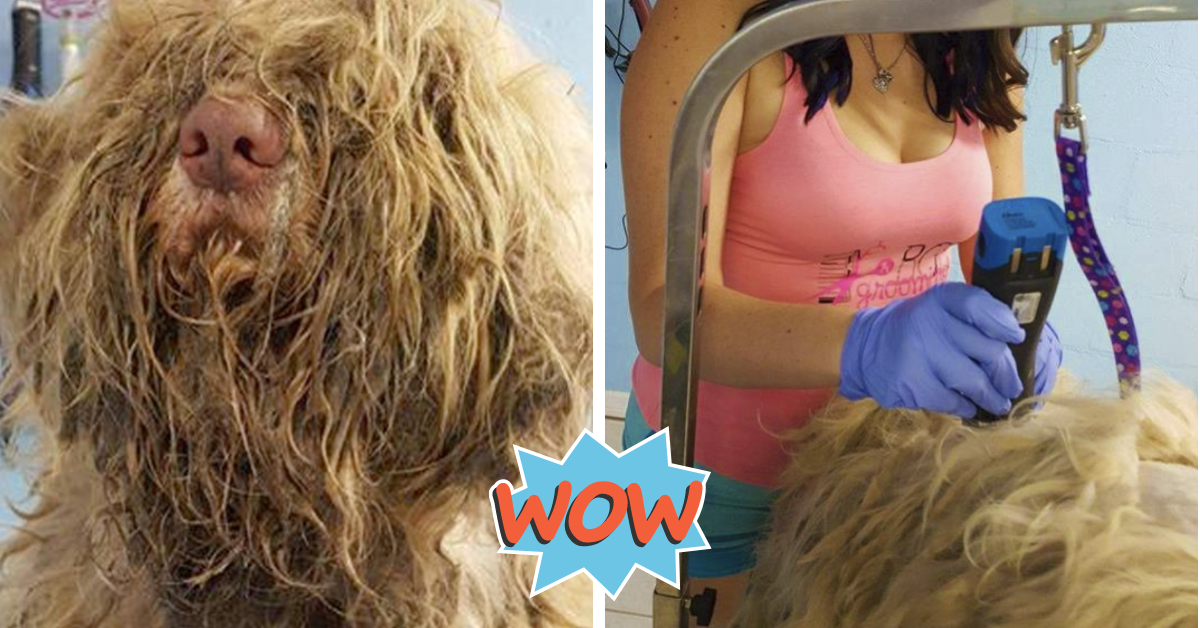

 English (US) ·
English (US) ·